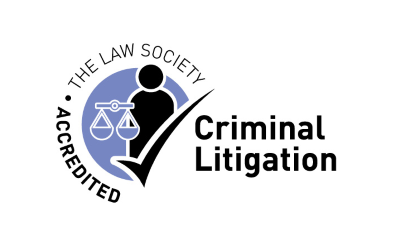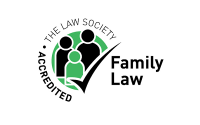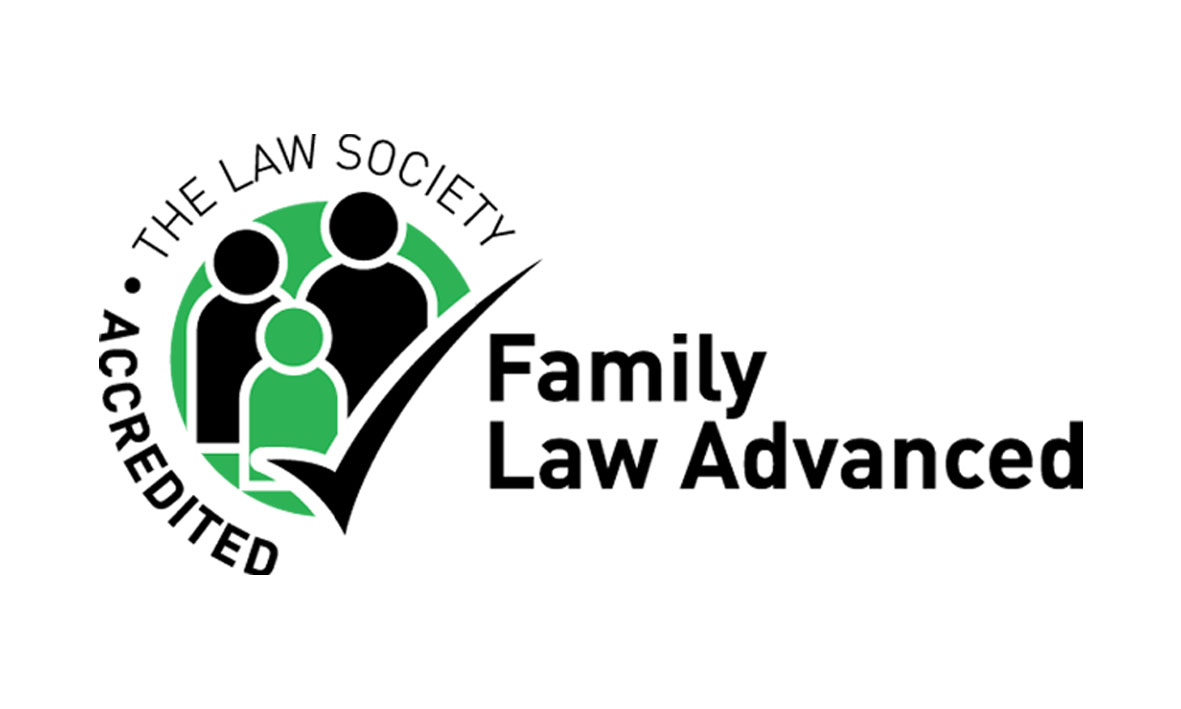We have specialists in many areas of legal practice. Make an enquiry today: 0330 333 2613
Covid-19 New offences
There is much confusion over what is law and what is guidance concerning the new Covid-19 laws. The Health Protection (Coronavirus Restrictions) (England) Regulations 2020 came into force on Thursday 26th March 2020.
They follow on from the Prime Ministers announcement on the 23rd March of a nationwide “Lockdown”, and impose wide-ranging restriction on individual liberties.
What are the reasonable excuses for leaving my property during the lockdown?
Given that these were passed under emergency legislation it is not surprising that there has been a lot of confusion especially between what is unlawful and what is recommended by the government.
These regulations provided a list of businesses that must close and the cease trading. They also bought in restrictions on people’s movements, that is that you must not leave the place you are living without a reasonable excuse. The regulations contain a non-exhaustive list of reasonable excuses. This list is:
- To obtain the basic necessities, i.e. food for persons in the same household or for those vulnerable
- To take exercise alone or with members of the same household
- To seek medical assistance
- To provide care or assistance or to provide emergency assistance
- To donate blood
- To travel for the purpose of work or to provide voluntary or charity services, where it is not reasonably possible for that person to work or provide those services from the place they are living;
- To attend a funeral of a member of the persons household , a close family member, or if no one in the house hold or family are attending a friend;
- To fulfil a legal obligation, including attending court, satisfying bail conditions or to participate in legal proceedings;
- To access critical public services;
- In relation to children who do not live at the same household as both their parents; to continue existing arrangements for access and contact
- In the case of a minister of religion or worship leader to go to their place of worship
- To move house where reasonably necessary
- To avoid injury or illness or to escape a risk of harm
This is not a full list but does cover a significant number of eventualities. In any event there is a defence of reasonable excuse, so if you needed to leave your house for something not on the above list you would need to show that you had a genuine and acceptable reason.
This legislation also allows for a restriction on gatherings, which means that no persons must participate in a gathering of two or more, with some exceptions. The most common being that this excludes those living in the same household. The exclusions also cover, funerals, work and necessary activities. However, it is worth noting here that this list of exceptions is exhaustive, therefore unlike the above there is no reasonable excuse defence.
Are the lockdown rules enforced by the police?
These regulations give the police extensive powers of enforcement which include the issuing of “prohibition notices” to businesses, the power to use reasonable force to remove someone from the place they are living, and most importantly the creation of a number of criminal offences. These offences are punishable by way of a fine, they can be given for breaching the regulations or for obstructing someone carrying out a function under the regulations. They allow the police to impose fixed penalty fines, the fist being £60, reduced to £30 if paid rapidly, for the first infringement.
You will have all read in the press about the police setting up road blocks and Derbyshire constabulary sending drones into the peaks to capture license plates because people were exercising away from their homes. It is however crucial that the Government and the police are applying the law when they are dealing with matters and it has been shown that this has not always been the case. There is nothing in the regulations that state you can only exercise once a day, there is nothing that says you cannot drive to a place to exercise and finally there is nothing that states that you can only shop once a week. Whilst these things may be advisable given the current risks, they are not law.
Under the legislation there is no stop and account power. The police guidance is that they focus on engaging, explaining and encouraging before moving onto enforcement. The media would suggest this may not always be the case with reports of police forces having online forms for citizens to report on other citizens for breaking the rules.
What do you do from a practical point of view if the police stop you walking alone and ask you what you are doing? It is likely that if this question is met with hostility from you then the matter is going to escalate quickly, the advice must be that you give your reasonable excuse. If the police are not satisfied by that then they can offer you a fixed penalty. This is an offer of discharging liability without a conviction by the payment of a sum of money. If you don’t pay that, then you will be summonsed to court. If you don’t agree with the issuing of the penalty because you maintain you had a reasonable excuse, then you can refuse to accept the penalty and take the matter to court.
In summary this is a confusing piece of hastily drafted legislation which raises as many questions as it answers. Should you wish to discuss the police stopping you or whether you should pay a fixed penalty then contact the Criminal Team at Elliot Mather on 01246 231288. A 24hr 7 day a week service is provided by the Team.

Felicity Coats
LLP MemberFelicity is an Solicitor and LLP Member within the firm having joined the Firm in 2006. She completed her law degree at Sheffield Hallam University in the 2005 and her Legal Practice Course at Chester Law School in 2006.
Felicity is based in our Derby Office and her main duties include providing advice and assistance at the Magistrates Court for a full range of offences. In addition to this Felicity provides advice and assistance to anyone attending for a police interview at under caution in Derbyshire and beyond. This cover is not only provided in office hours but also evenings, weekends and Bank Holidays.
Felicity has helped clients with a range of driving offences before the Magistrates Court to providing assistance on Murder cases at the Police station and Crown Court.
Felicity is the first port of call for all new clients at the Derby office and will give honest and sensible advice to those who are faced with difficult and stressful situations using her wealth of experience within the local Courts and Police Stations.

Elliot Mather LLP maintains professional indemnity insurance in accordance with the rules of the Solicitors Regulation Authority. Details of the insurers and the territorial coverage of the policy are available for inspection at our offices.
Registered Office: St. Mary's Court, St. Mary's Gate, Chesterfield, Derbyshire, England, S41 7TD
VAT Number: 126 3019 03
Regulatory Notice: Elliot Mather LLP is a limited liability partnership. Partnership number OC321320.
Authorised and regulated by The Solicitors' Regulation Authority. To view code of conduct visit www.sra.org.uk/code-of-conduct.page










